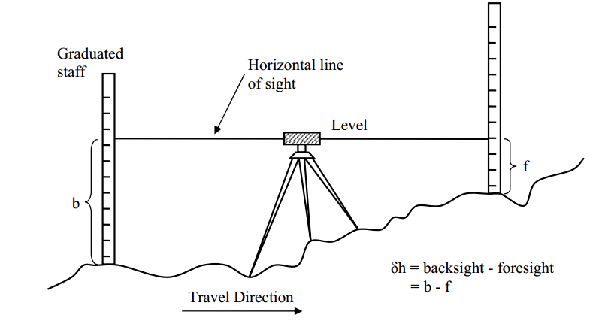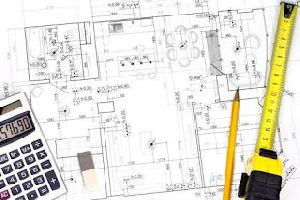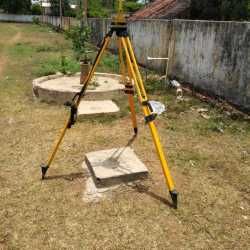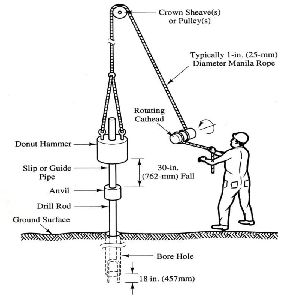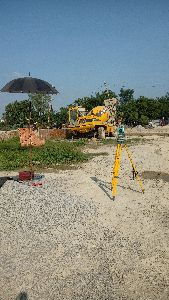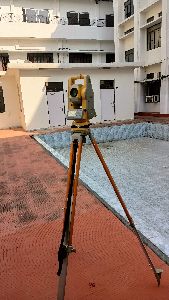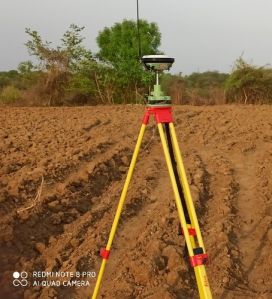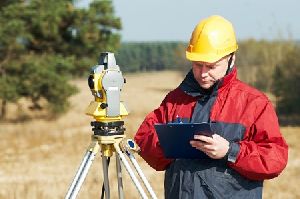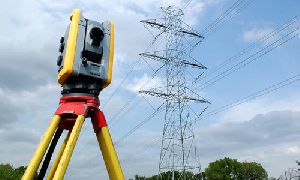Kursi Road, Lucknow, Uttar Pradesh
- GST NO. : 09KKLPK8365P1ZU
Ground Level Survey
A Ground Level Survey, also known as a ground survey or ground leveling survey, is a specialized type of land survey conducted to precisely determine and document the elevations and contours of the ground surface in a specific area. This survey provides crucial information about the topography of the land, helping in various applications such as construction, engineering, landscape design, and environmental planning.
Key aspects of a Ground Level Survey include:
-
Elevation Measurement: Surveyors use precise instruments to measure the elevation of multiple points on the ground, creating a detailed representation of the land's surface.
-
Contour Mapping: The survey involves the creation of contour lines, connecting points of equal elevation, to illustrate the shape and variations in the terrain. Contour maps provide a visual representation of slopes, hills, valleys, and other land features.
-
Topographic Detail: The survey captures information about natural and man-made features on the ground, including bodies of water, vegetation, buildings, and other landmarks.
-
Geodetic Control: Establishing accurate geodetic control points to ensure consistency in measurements and align the survey with broader geospatial frameworks.
-
Mapping and Documentation: The collected data is processed and used to generate detailed maps or digital models of the surveyed area, providing a comprehensive understanding of the land's topography.
-
Construction Planning: Ground level surveys are essential for construction projects as they help architects, engineers, and builders plan the layout of structures, roads, utilities, and other elements in accordance with the natural contours of the land.
-
Drainage and Grading: The survey provides valuable information for designing effective drainage systems and grading plans to manage water runoff and prevent issues like flooding.
-
Environmental Impact Assessment: Ground level surveys contribute to environmental studies by providing data on the existing terrain, which is crucial for assessing the potential impact of development on the natural landscape.
-
Land Use Planning: Planners use ground level survey data to make informed decisions about land use, zoning regulations, and the suitability of areas for various purposes.
-
Infrastructure Development: The information from ground level surveys supports the planning and development of infrastructure projects, ensuring that construction aligns with the existing topography.
Ground level surveys play a foundational role in many aspects of land development and resource management. The accurate representation of the land's surface is vital for making informed decisions that contribute to sustainable and effective land use.
Looking for "Ground Level Survey" ?
Explore More Services


